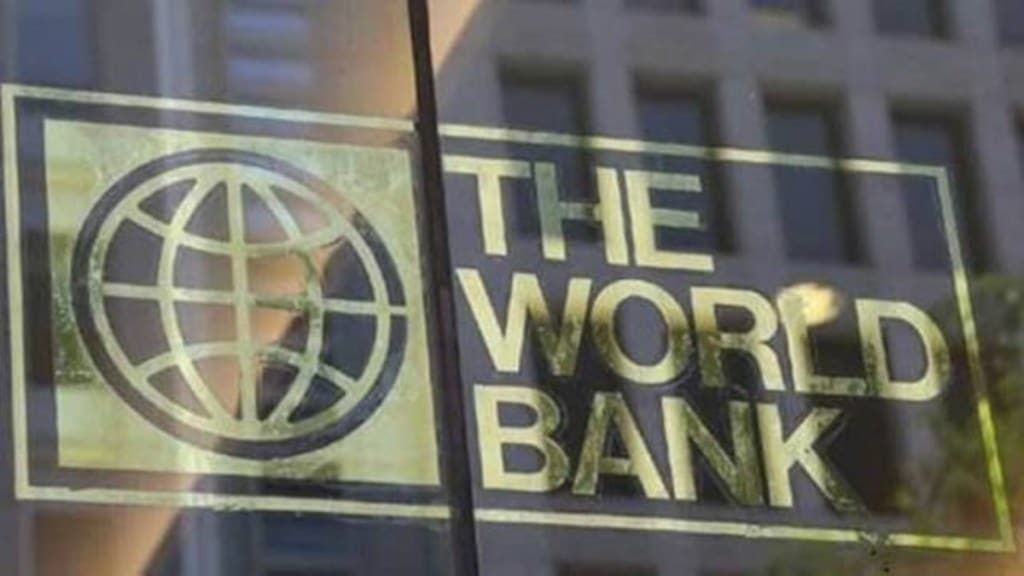By Shravan Yammanur
On May 13, 2023, the Court of Arbitration concluded an examination of its jurisdiction to hear an arbitration initiated by Pakistan against India under the Indus Waters Treaty. India did not participate in the hearing because it refused to recognise the jurisdiction of the Court of Arbitration, maintaining that such differences should be decided by a neutral expert in accordance with the Treaty.
The origin of the dispute dates back to 2015 when Pakistan approached the World Bank to appoint a neutral expert to resolve the differences about the design of the Kishenganga and Ratle hydroelectric power plants, but subsequently changed its stand and started demanding a Court of Arbitration from 2016. India opposed this change in stand and was steadfast in demanding that the World Bank appoint a neutral expert to decide the differences between the two sides. The decision of the World Bank in October 2022 to allow parallel proceedings, the simultaneous use of two dispute settlement mechanisms—the neutral expert and the Court of Arbitration—under the Treaty goes against several fundamental principles of international law.
Also read: Indian Democracy is a global inspiration
The principle of lis pendens, a well-established principle of customary international law, prohibits the simultaneous proceedings of two or more legal disputes involving the same parties and the same subject matter in different forums. It requires that the forum where the first dispute is filed must take priority, and any subsequent proceedings in another forum must be stayed until the first forum makes a decision. The Bank’s decision to allow parallel proceedings before the neutral expert and the Court of Arbitration violates this principle, has only caused confusion and delay, and has undermined the effectiveness of the dispute resolution process under the Treaty.
Further, the Bank has ignored the principle of harmonious construction, which requires that all provisions of a treaty or agreement be interpreted and applied together in a way that avoids conflicts or inconsistencies. The Treaty should have been interpreted in a way that ensures the harmonious operation of its resolution mechanisms. However, by allowing parallel proceedings to continue, the Bank has created the potential for conflicting decisions and undermined the effectiveness of the dispute resolution process instead of ensuring there is no conflict by following a step-by-step approach in the dispute resolution process.
Another principle that the Bank’s decision also violates is the principle of pacta sunt servanda, or the requirement that treaties be performed in good faith, which is another principle of customary international law that has been recognised by the ICJ in several cases and is also part of the Vienna Convention on the Law of Treaties. The Bank’s decision to allow parallel proceedings is a violation of the good faith requirement since it has a responsibility as a guarantor of the Treaty to ensure that it is implemented in good faith and that disputes between India and Pakistan are resolved in a fair, equitable, and efficient manner.
The Bank’s actions raise concerns about its impartiality and commitment to upholding international law. As a guarantor of the Treaty, it must act as an impartial mediator to ensure that both India and Pakistan have an equal opportunity to present their case. Allowing parallel proceedings to continue creates the appearance of bias and partiality, which could undermine the credibility and legitimacy of the dispute resolution process. According to reports, India decided not to participate in the Court of Arbitration proceedings held in January 2023 and has sent a notice to Pakistan last month for amending the Treaty due to the Bank’s decision to allow “parallel processes instead of a graded mechanism”.
Also read: Data Drive: Microfinance gains
To restore the integrity of the dispute resolution process, the World Bank must take immediate steps to ensure that only the original neutral expert proceeding continues. This would allow for a resolution of the differences between India and Pakistan in a timely and effective manner, avoiding further complications and the potential for conflicting decisions. This is also consistent with paragraph 6 of Article IX of the Treaty which requires that other dispute resolution processes, including the establishment of the Court of Arbitration, shall not apply to a difference while it is being dealt with by the neutral expert.
The World Bank‘s decision to allow parallel proceedings violates the principle of lis pendens, the good faith requirement, and the principle of harmonious construction. The Bank must act as an impartial guarantor of the Treaty and ensure a fair and efficient resolution of the dispute between India and Pakistan in compliance with international law principles and its obligations under the Treaty. By doing so, it can promote regional stability and contribute to sustainable water management in south Asia.
The writer is Advocate-on-record, Supreme Court
Views are personal

